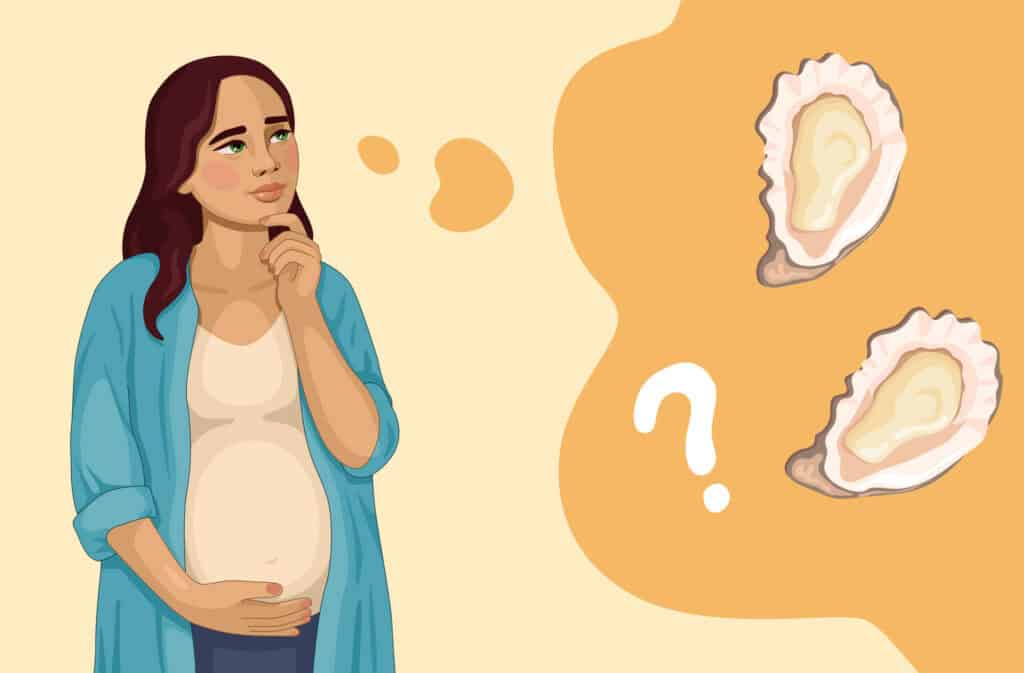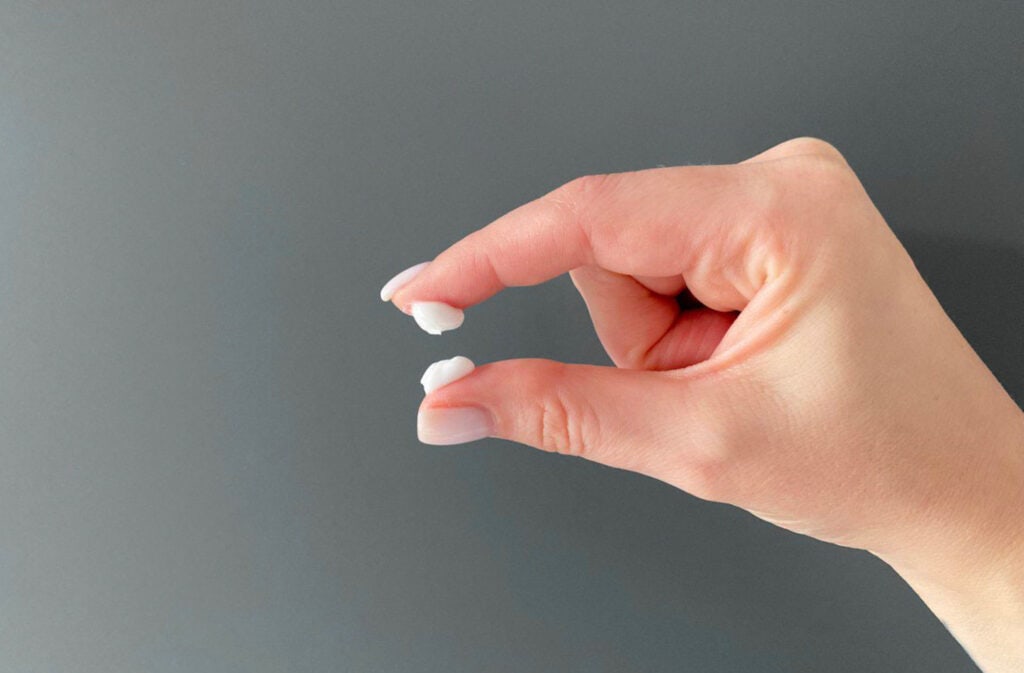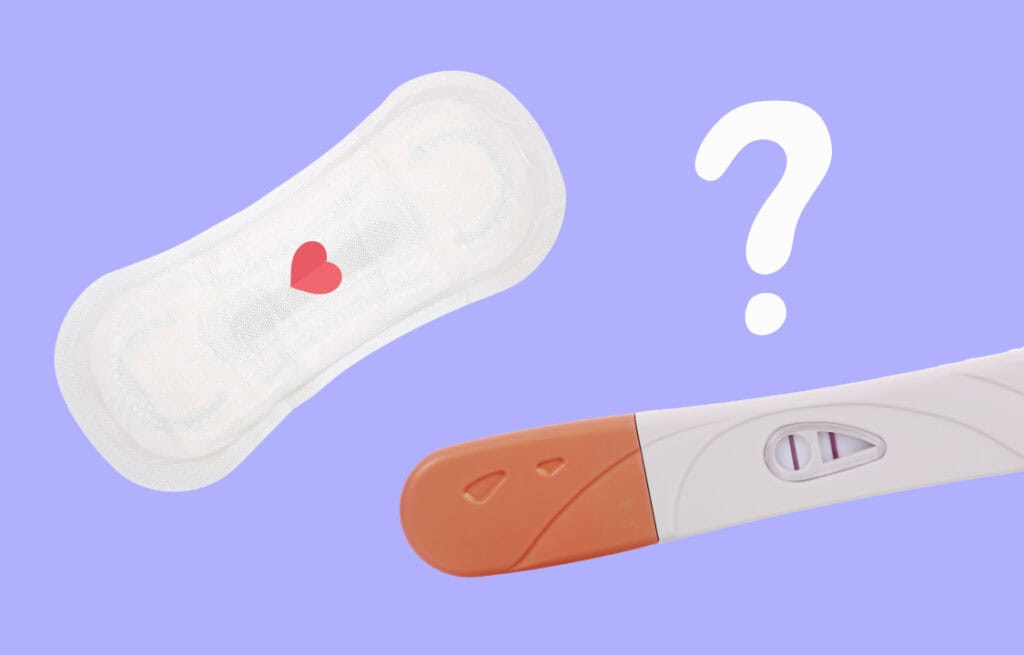Femia > Health Library > Pregnancy > Pregnancy health > Can you eat oysters while pregnant? Safety tips and what to avoid
Can you eat oysters while pregnant? Safety tips and what to avoid

- Updated Feb 10, 2025
- Published
CRAFTED BY HUMAN
Crafted by human At Femia, we provide accurate and up-to-date information at every stage of your journey, from trying to conceive, pregnancy and postnatal support. All content is created by a real person based on in-depth research and own professional experience. Femia ensures that you will receive expert advice, strict accuracy and a personalized approach from our authors/medical experts. Learn more about our editorial policy.
FACT CHECKED
Fact checked At Femia Health, we maintain the highest standards of editorial excellence in delivering content focused on helping you conceive, guiding you through pregnancy, and supporting you postpartum. Explore our content review principles to learn how we ensure the accuracy and quality of our health and lifestyle tips for every stage of your journey.
- Oysters are a great source of crucial nutrients such as zinc, iron, and omega-3 fatty acids. Fried and steaming oysters, processes that thoroughly cook them, allow you to have oysters while pregnant.
- Raw oysters, however, are unsafe to consume during pregnancy because they can contain food-borne contaminants, such as listeria and vibrio bacteria.
- If you accidentally consume raw oysters, receive immediate medical assistance.
Pregnancy cravings can strike up some strange requests, especially if you are interested in foods such as oysters, which may be on a watch list during pregnancy. Oysters, along with other seafood, come with some safety concerns for pregnant women.
For some seafood, this is due to high mercury content. Additionally, raw seafood can contain food-borne bacteria and viruses, both harmful to your baby. However, some seafood, including oysters, can provide nutritional benefits and are safe for pregnancy when thoroughly cooked. In this article, we will look through some safe ways to prepare and consume oysters while pregnant.
With Femia, you will get personalized insights every step of the way
Can you have oysters when pregnant?
It will be reassuring to know that you don’t have to give up oysters during pregnancy. When your oyster cravings kick in, you just have to be careful in selecting the type of oysters you consume. As with other seafood, such as shrimp and crab, oysters are a low-mercury seafood option. This means that, if cooked thoroughly, they are not off the list during pregnancy.
During pregnancy, your immunity lowers, placing you at a higher risk of infection from harmful bacteria such as vibrio and listeria, present in raw seafood. To lower this risk, you have to thoroughly cook them before you eat them.
It is recommended to consume 8–12 ounces of low-mercury foods per week during pregnancy. This is where seafood, including oysters, tops the list.
👉Find out more: Can pregnant women eat sushi? What you need to know about sushi during pregnancy
Why can’t you eat raw oysters while pregnant?
The two primary reasons to rethink seafood during pregnancy are the presence of mercury and the high risk of infection from raw seafood. As we have just seen, oysters are a low-mercury variety of seafood. So while safe in that sense, you still should consider smaller portions when you choose to add them to your meal.
Raw oysters can, however, contain harmful bacteria and viruses, making you susceptible to foodborne illnesses. Milder forms of this illness can present as abdominal pain and diarrhea. However, severe infection can lead to sepsis, a bloodborne infection, which can have harmful effects on your pregnancy. Additionally, raw oysters have also been found to contain parasites such as Toxoplasma gondii, which is a known pathogen impacting fetal development.
While the risk is low, the presence of a variety of pathogens in raw seafood can result in miscarriage or premature delivery. So, it’s best to avoid raw seafood and its related delicacies during pregnancy.
Benefits of eating oysters during pregnancy
Cooked oysters during pregnancy are not only safe but have numerous nutritional benefits for both you and your baby during pregnancy.
- Essential minerals: Oysters contain minerals such as iron, zinc, and potassium. As we know, iron is a crucial mineral for hemoglobin, which can be reduced significantly during pregnancy because of increased demand. Potassium maintains fluid and electrolyte balance, promoting healthy blood pressure and muscle and nerve function. Zinc has benefits in lowering maternal infections and preventing preterm deliveries.
- Vitamin D: Oysters are naturally high in vitamin D content. In addition to promoting healthy bone density for the mothers, vitamin D helps with fetal growth. It reduces the risk of preterm birth, pre-eclampsia, and gestational diabetes.
- Vitamin B12: Oysters are especially high in another crucial vitamin, B12. Just 100g of cooked oysters can contain 16 mg of vitamin B12, six times your daily requirement. Vitamin B12 is crucial for fetal brain development as well as red blood cell formation.
- Omega-3 fatty acids: Fish and seafood such as tuna, salmon, shrimp, and oysters are rich in omega-3 fatty acids. The main function of omega-3 fatty acids is promoting neurological development, such as those of your baby’s brain and eyes.
- Protein: Foods containing protein, such as seafood, are essential to your baby’s growth during pregnancy. In addition to all cells, muscle, skin, and bone formation, protein is used to make essential enzymes and hormones crucial for development.
Can I eat cooked oysters while pregnant?
You can safely consume 8–12 ounces of low-mercury seafood per week, which is about 2–3 servings. So, whether it is salmon or oysters during pregnancy, add some seafood to your weekly pregnancy meal chart to ensure you reap the benefits of their omega-3 fatty acids and other essential pregnancy nutrients.
Before preparing any seafood while pregnant, it is crucial to go to a market you trust for fresh oysters. When purchasing the oysters, ensure their shells are fully closed. Pay attention to the smell of salt water and no other unfavorable odors. Avoid refrigeration and preparing your oysters a few days later, which can increase the risk of infection.
When preparing oysters, be sure to maintain optimum hygiene during meal prep. Whether you like them steamed, fried, or baked, be sure to boil your oysters for at least 3–5 minutes before cooking. This helps to ensure your final oysters are thoroughly cooked, reducing infection risk.
Can you eat steamed oysters while pregnant?
Since raw or undercooked oysters while pregnant hold a risk of infection, thorough cooking, which can be achieved through steaming, can help you enjoy your oysters during pregnancy.
While steaming oysters, ensure that internal temperatures reach 145°F (63°C). You can easily check this with a kitchen thermometer. Proper steaming can take 5–8 minutes, but you can always steam your oysters longer to ensure they are cooked through.
While steaming oysters, the shells slowly start to crack open. Only oysters with open shells should be consumed. Discard any oysters with closed shells.
Can you eat fried oysters while pregnant?
The crunchy taste of fried oysters may be just what your pregnancy cravings are requesting. Similar to steaming oysters, safe fried oysters reach an internal temperature of 145°F. For a safer option, consider boiling oysters before you fry them. You can season them as you desire based on your taste preference.
Of all the different ways you can add oysters while pregnant to your menu, fried oysters especially should be consumed in moderation. Regular consumption of fried foods has been linked to increasing cholesterol, heart disease, stroke risk, and increased risk of gestational diabetes.
How to safely enjoy oysters during pregnancy?
Oysters are among the FDA’s best-choice options for low-mercury foods, along with salmon, clams, and catfish. So, if you desire oysters while pregnant, here are some simple tips to safely add them to your weekly menu:
- Purchase your oysters fresh, from a local market you trust. Ensure you cook them the same day. Avoid refrigeration to prevent increasing the risk of contamination.
- Choose oysters that only smell like salt water. Any other foul-odored oysters should be discarded.
- Be sure to maintain optimum hygiene practices when preparing your oysters.
- Consider boiling your oysters before frying, baking, or grilling. All oysters should reach an internal temperature of 145°F to ensure they are thoroughly cooked.
- Discard oysters that do not open while cooking.
- Avoid the consumption of raw, uncooked, or undercooked oysters to lower your risk of infection during pregnancy.
👉Find out more: Third-trimester nausea: Why it returned and how to find relief
What to do if you accidentally eat raw oysters while pregnant
While rare, it is possible to accidentally consume raw oysters. While one or two raw oysters may not cause any harm, be on the lookout for symptoms of food poisoning. These can include:
- Abdominal cramps
- Nausea
- Vomiting
- Diarrhea
- Fever, sweating, and chills
Food poisoning often subsides on its own with proper hydration and giving your stomach some rest. However, if symptoms progress or worsen, you might need prompt medical attention.
Additionally, consider contacting your healthcare provider if you suspect you have eaten raw or uncooked oysters while pregnant to know the next steps you can take.
With Femia, you will get personalized insights every step of the way
Questions from the Femia community
Are smoked oysters safe during pregnancy?
Smoking oysters may not be the safest method for cooking. Since smoking temperatures can be low, they may not be sufficient to kill bacteria present in the oysters. Additionally, using cold-smoking techniques does not sufficiently cook your oysters for consumption while pregnant.
Can oysters help with pregnancy anemia?
Oysters are rich in both iron and vitamin B12, essential nutrients to prevent anemia. So, consuming oysters during pregnancy can help supplement your diet with nutrients crucial for preventing anemia.
Are canned oysters safe to eat while pregnant?
Canned oysters are frequently pre-cooked and sterilized, lowering their risk of infection and making them safe to consume during pregnancy. If the oysters are raw or cold-smoked, they should not be consumed. Be sure to consume canned oysters within a day or two of opening it.
Is it safe to eat oysters in all trimesters of pregnancy?
Yes, it is. Thoroughly cooked oysters can be enjoyed in all trimesters of your pregnancy. On the other hand, avoid raw and uncooked seafood throughout your pregnancy to lower the risk of infection and other pregnancy complications.
The bottom line
Having your regular fix of oysters while pregnant is safe and often encouraged during pregnancy. Oysters are high in essential nutrients such as vitamin B12, omega-3 fatty acids, zinc, and iron—all important both for you and your baby during pregnancy. The key to being able to enjoy oysters during pregnancy is to ensure that they are properly cooked. Raw or uncooked oysters should be avoided during pregnancy, primarily for their high risk of infection, which can affect pregnancy outcomes. If you feel you have eaten raw oysters on accident, be sure to contact your healthcare provider at the earliest.
References
- Froelich, Brett A., and Rachel T. Noble. “Vibrio Bacteria in Raw Oysters: Managing Risks to Human Health.” Philosophical Transactions of the Royal Society B Biological Sciences, vol. 371, no. 1689, Feb. 2016, p. 20150209. https://doi.org/10.1098/rstb.2015.0209.
- Kuzmanovic, Jelena, et al. “Presence of Listeria Spp. In Fish Samples, Fish Products and Sea Products.” Acta Veterinaria, vol. 61, no. 2–3, Jan. 2011, pp. 193–203. https://doi.org/10.2298/avb1103193k.
- Roy, Pantu Kumar, et al. “Comprehensive Analysis of Predominant Pathogenic Bacteria and Viruses in Seafood Products.” Comprehensive Reviews in Food Science and Food Safety, vol. 23, no. 4, July 2024, https://doi.org/10.1111/1541-4337.13410.
- Lindsay, David S., et al. “SURVIVAL OF TOXOPLASMA GONDII OOCYSTS IN EASTERN OYSTERS (CRASSOSTREA VIRGINICA).” Journal of Parasitology, vol. 90, no. 5, Oct. 2004, pp. 1054–57. https://doi.org/10.1645/ge-296r.
- Chaffee, Benjamin W., and Janet C. King. “Effect of Zinc Supplementation on Pregnancy and Infant Outcomes: A Systematic Review.” Paediatric and Perinatal Epidemiology, vol. 26, no. s1, June 2012, pp. 118–37. https://doi.org/10.1111/j.1365-3016.2012.01289.x.
- Pérez-López, Faustino R., et al. “Vitamin D Supplementation During Pregnancy: An Overview.” Current Opinion in Obstetrics & Gynecology, vol. 32, no. 5, June 2020, pp. 316–21. https://doi.org/10.1097/gco.0000000000000641.
- Morales-Brown, Louise. What to Know About Oysters. 8 Sep. 2021, www.medicalnewstoday.com/articles/oysters#nutrition.
- Greenberg, James A., et al. Omega-3 Fatty Acid Supplementation During Pregnancy. pmc.ncbi.nlm.nih.gov/articles/PMC2621042.
- Osorio-Yáñez, Citlalli, et al. “Maternal Intake of Fried Foods and Risk of Gestational Diabetes Mellitus.” Annals of Epidemiology, vol. 27, no. 6, May 2017, pp. 384-390.e1. https://doi.org/10.1016/j.annepidem.2017.05.006.
- Program, Human Foods. “Advice About Eating Fish.” U.S. Food And Drug Administration, 5 Mar. 2024, www.fda.gov/food/consumers/advice-about-eating-fish.

Discover what it means to have creamy, cloudy, or milky white discharge during your menstrual cycle, ovulation, and pregnancy, and when to consult a healthcare provider.

Discover the parental guide to newborn cues, including how to differentiate and respond to your baby’s body language that indicates hunger, sleep, discomfort, and more.

Understand the possibility of pregnancy even after – or before – getting your period. Learn about menstrual cycles, early pregnancy signs, and when to take a pregnancy test.

